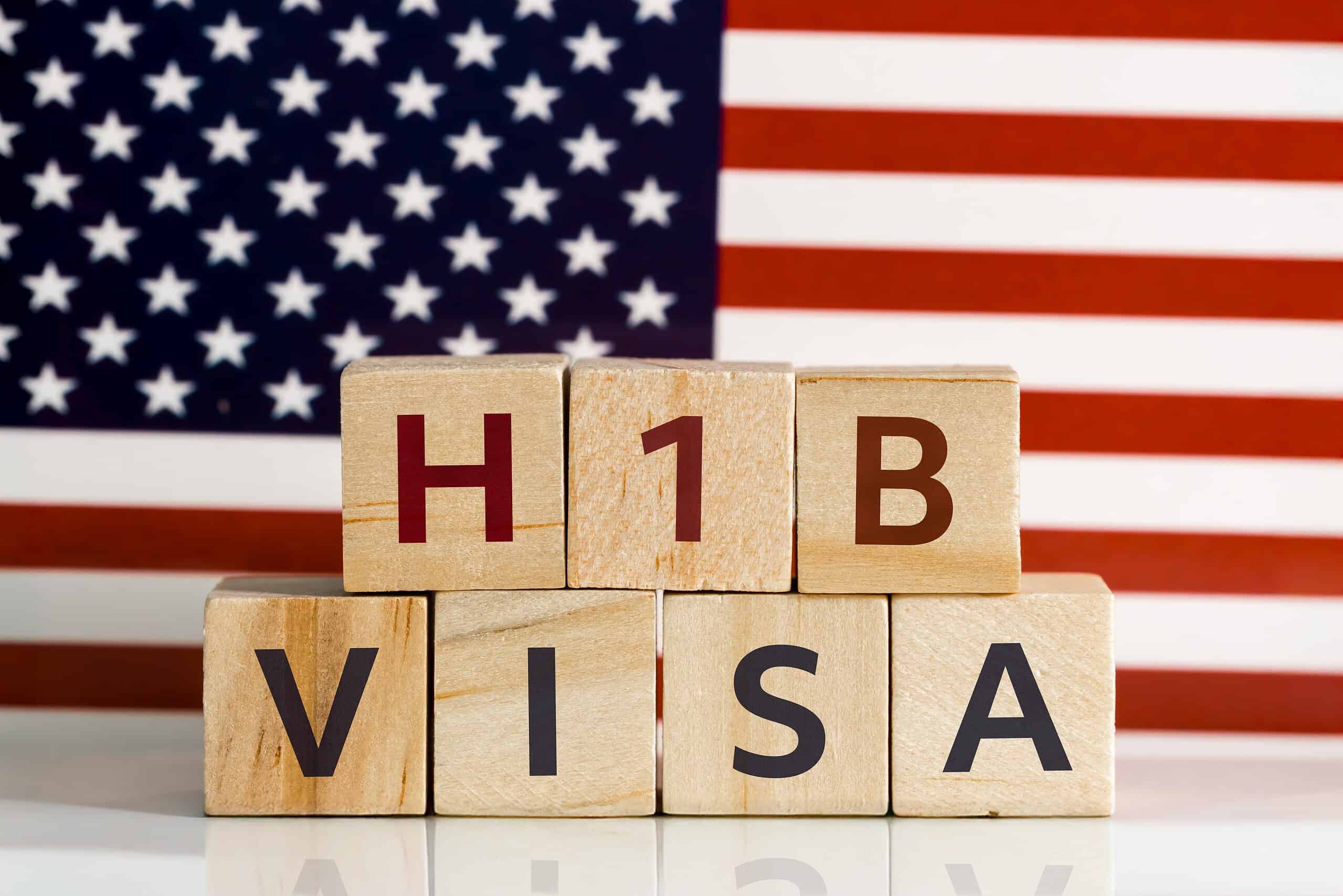President Donald Trump is pushing back against longstanding US immigration rules.
In a September proclamation, Trump imposed a one-time $100,000 fee for new H-1B visa applications, which permits skilled foreign workers to be temporarily employed in the US. The White House claims the program has been exploited, facilitating the large-scale replacement of American workers.
The awkwardly worded proclamation and conflicting comments by Commerce Secretary Howard Lutnick ignited panic among H-1B visa holders, who are uncertain whether the new rules apply to them. Many immigration lawyers and corporations employing H-1B visa holders advised workers abroad to return to the US before the proclamation’s Sept. 21 deadline.
Two-thirds of the approximately 600,000 H-1B workers are employed in computer-related or information technology firms, according to the Washington-based Economic Policy Institute. Despite clarification that the fee only applies to new applicants, Trump’s proclamation is expected to be challenged in the courts. The new fee effectively ends the H-1B category, the Cato Institute noted in a critique published on its website last month.
The new policy will force large technology companies out of the US, reduce demand for US workers, and disrupt the supply of goods and services in everything from IT and education to manufacturing and medicine, Cato warned. Other business-related think tanks, such as the Peterson Institute for International Economics, the Bush Institute, and The Conference Board, are leveling similar criticisms.
The US will not be the only country affected by the clampdown.
India, whose citizens hold about 71% of approved H-1B visas, likely will pivot its economy away from the US while seeing an uptick in offshoring, and an influx of American talent, say analysts.
“Overall, the policy shifts high-skill employment away from the US toward India and other talent destinations while leaving US firms to grapple with higher costs and tighter labor markets,” argues Usha Haley, Barton Distinguished Chair in International Business at Wichita State University.




